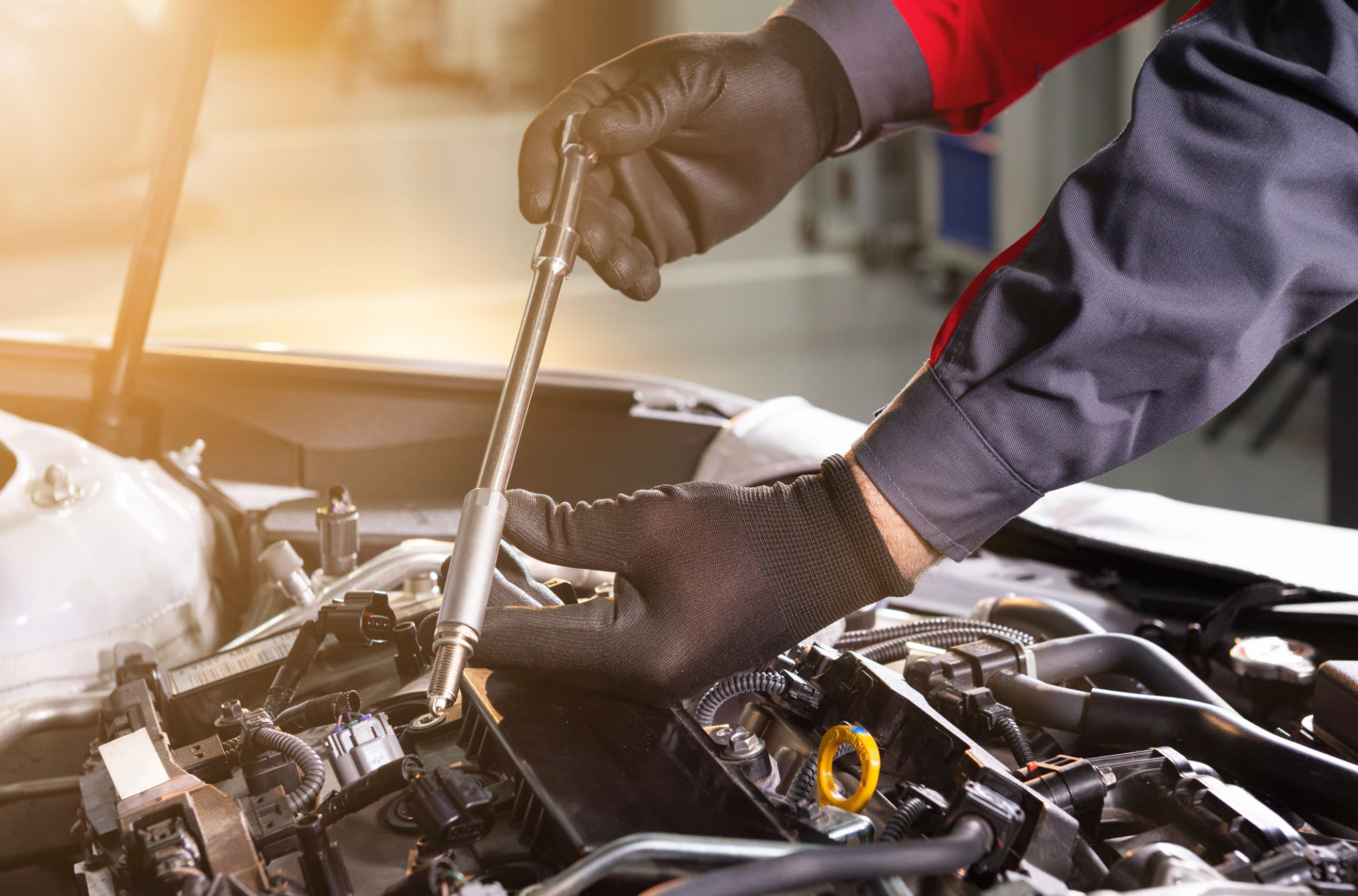Expert Tips for Extending the Life of Your Vehicle
Regular Maintenance is Key
One of the most critical aspects of extending your vehicle's life is adhering to a regular maintenance schedule. Routine check-ups are essential to ensure that your car runs smoothly and efficiently. This includes regular oil changes, tire rotations, and brake inspections. By keeping on top of these tasks, you can prevent minor issues from becoming major, costly repairs down the road.
Additionally, you should regularly check fluid levels, including brake fluid, coolant, and transmission fluid. Ensuring these are at appropriate levels can significantly affect your vehicle's performance and longevity.

Drive Smart
Your driving habits play a crucial role in the lifespan of your vehicle. Aggressive driving, such as rapid acceleration and hard braking, can cause excessive wear and tear on your car. Instead, practice smooth acceleration and braking to help maintain your vehicle’s health. This not only extends the vehicle's life but also improves fuel efficiency.
Moreover, avoid overloading your car with excess weight, as this can put extra strain on the suspension, brakes, and other components. Check your owner’s manual to understand the recommended load limits for your vehicle.

Keep it Clean
Regularly cleaning your vehicle both inside and out can prevent long-term damage. Dirt and grime can lead to rust and corrosion if left unchecked. Regular washing, especially during winter months when salt is used on roads, is essential in protecting the exterior of your car.
Inside the car, vacuuming and cleaning surfaces can prevent damage from dirt and debris. Consider using protective sprays or coatings for upholstery and trim to keep them looking new longer.

Pay Attention to Warning Signs
Ignoring warning signs from your vehicle can lead to severe damage and costly repairs. If you notice unusual sounds, smells, or dashboard warning lights, address them promptly by consulting a professional mechanic. Early detection of issues often means simpler and less expensive fixes.
- Listen for unusual noises such as squealing brakes or rattling under the hood.
- Watch out for fluid leaks beneath your vehicle.
- Monitor any changes in vehicle handling or performance.
Invest in Quality Parts
When it comes time for repairs or replacements, invest in high-quality parts. While cheaper alternatives may be tempting, they can lead to further issues down the line. Quality parts ensure better compatibility and longevity, ultimately saving you money in the long run.
Consult with a trusted mechanic or automotive expert to determine the best parts for your specific vehicle model. Their expertise can guide you in making informed decisions.

Store Properly
If you need to store your vehicle for an extended period, proper storage techniques are crucial. Keep it in a garage or covered area to protect it from weather elements. It’s advisable to fill up the gas tank and add a fuel stabilizer to prevent fuel degradation.
You should also disconnect the battery to prevent it from draining and consider using a car cover for additional protection against dust and dirt.
